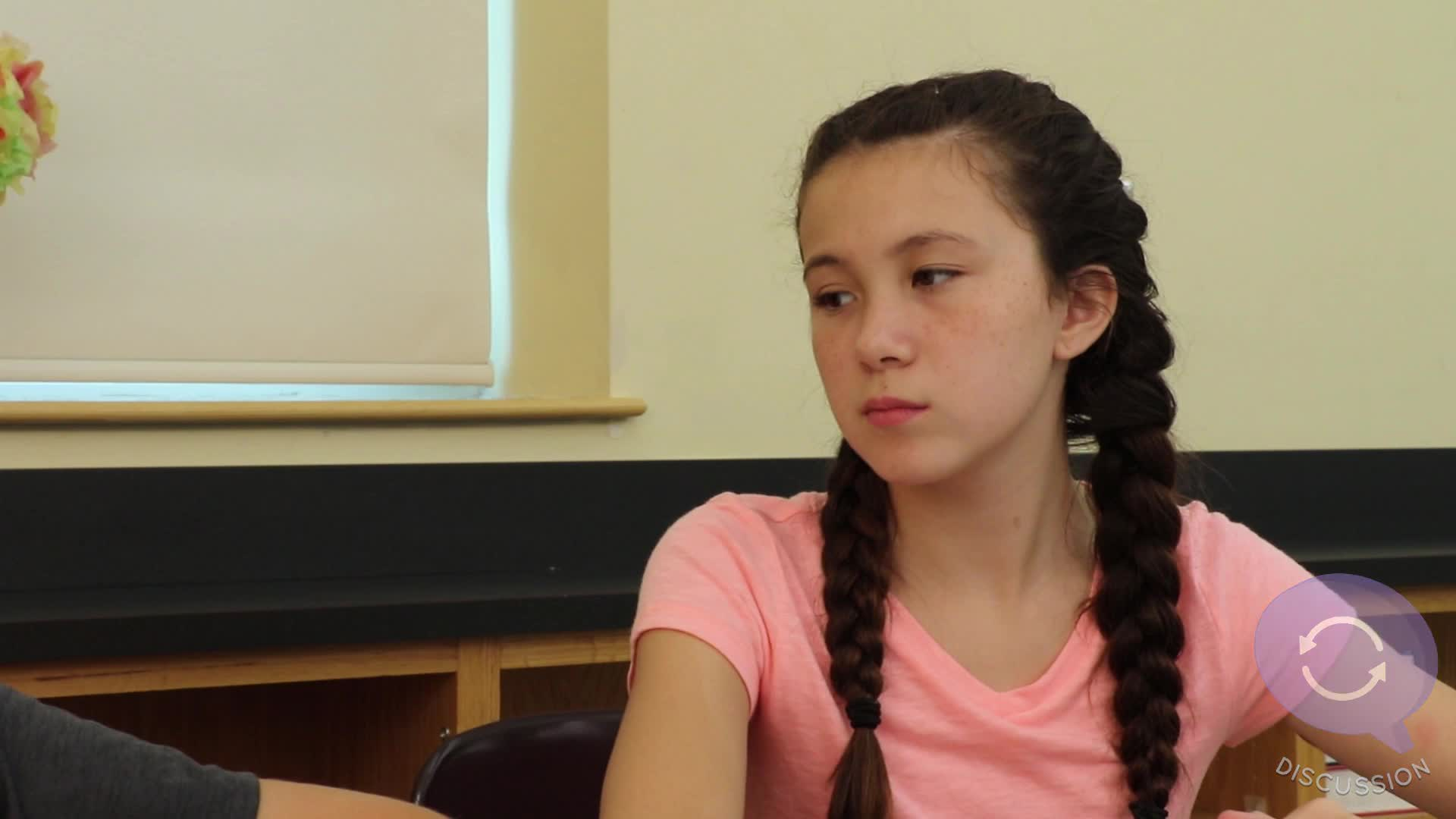
Welcome to Repair the Conversation, an engaging game for educators working with students in special education. This activity aims to help students improve their conversation skills by identifying when a conversation goes off track and finding ways to bring it back on track. By incorporating principles of Social-Emotional Learning, students can enhance their communication abilities and foster stronger relationships with their peers.
No-Prep Activity
Repair the Conversation is a simple, no-prep activity that requires no additional materials from educators. Students will participate in a role-playing scenario, where they take turns having conversations. During the conversation, one student will intentionally steer the discussion off track. The other student must then identify when the conversation went off track, figure out why it happened, and think of a way to get it back on track. Encourage students to pay attention to nonverbal cues, such as facial expressions and body language, to help them identify when the conversation is off track.
Discussion Questions
- What are some signs that a conversation is off track? How can you tell if someone is feeling uncomfortable or unhappy during a conversation?
- Why is it important to recognize when a conversation goes off track? How does it affect the people involved?
- Can you think of a time when you had a conversation that went off track? How did it make you feel? What did you do to get it back on track?
- How can practicing repairing conversations help improve your communication skills and relationships with others?
- What are some strategies that can be used to bring a conversation back on track?
Related Skills
Repairing conversations is just one aspect of effective communication. Other related skills that students in special education can benefit from include active listening, empathy, expressing emotions, and conflict resolution. By developing these skills, students can create more meaningful connections with their peers and navigate social situations with greater ease.
Next Steps
If you’re interested in exploring more activities and resources to help your students develop their conversation skills and other aspects of social-emotional learning, sign up for free samples at Everyday Speech. With a variety of materials available, you can find the perfect tools to support your students’ growth and development.

